celtic ·
history ·
ireland ·
irish ·
Irish Athletics ·
Irish flags and history ·
Irish history ·
Irish Sports ·
Irish Whales ·
legends ·
Olympic History ·
Olympic Medals ·
Olympics ·
The Irish Whales
At the turn of the Twentieth Century, with anti-Irish sentiment running high in both America and Britain, Irish Olympic athletes faced a choice of either competing as British athletes, for a crown and flag that they resented, or emigrating to America or Canada, where they were not wanted nor welcomed. The world did not yet recognize Ireland as a nation and these Irish athletes, who came to be known as The Irish Whales, became unlikely heroes as they set and broke records in track and field events between 1896 and 1924, competing under British, American and Canadian flags. Irish Whales Team[/caption] The Irish Whales were so named because they were large men, both in stature and in character. They were known for their fiery spirits, showmanship, and were the first Olympic heroes of the modern era. Pat McDonald, Simon Gillis, Con Walsh, John Flanagan. Matt McGrath, James Mitchell, Paddy Ryan and Martin Sheridan took the world by storm and did much to earn the Irish diaspora respect around the world. All told, the Irish Wales won some 25 gold medals between the Athens Olympics of 1896 and the Antwerp Olympics of 1920, mainly in the shot-put, hammer and discus events.  During the 1906 Intercalated Games in Athens, the Irish Whales won the bulk of Britain's medals and the anger and resentment among the Irish athletes was starting to peak. After winning the gold medal for the hop, step and jump event Peter O'Connor ripped the Union Jack from the flagpole that had been raised above his head and replaced it with the green flag of Erin, making quite the statement to all who witnessed such a bold act of Irish patriotism. In 1908, the Summer Olympics were held in London and by then, most of the Irish Whales had joined the American Olympic team. There were countless diplomatic failures at these games, notably, the United States flag went missing and was not displayed in the Olympic stadium with the flags of all the other nations. According to Roger McGrath writer for Irish America, "As the music of Grenadier Guards filled the stadium, King Edward settled into the royal box with Queen Alexandra and Princess Victoria at his side. At the Bugler’s signal, the gate leading to the athletes’ quarters was flung open and the parade of national teams began. One by one, they marched and dipped their flags to the King of England. It was a glorious moment for the host nation. Even the hard rain that had drenched the stadium earlier in the day had stopped. God seemed to be smiling on the empire. Then came the Americans, including the world-record hammer thrower and New York City cop, Matthew J. McGrath. When they approached the royal box, the County Tipperary-born McGrath, a six-foot, two-inch, 245-pound human bull of a man, stepped beside the team’s flag bearer and is rumored to have said, “Dip that banner and you’re in hospital tonight.” Old Glory went unbowed past the King of England. The English were left in shock. London newspapers lashed the Americans with the severest criticism they could muster and called for an apology. Veteran Olympian and world-record discus thrower Martin J. Sheridan, another New York City cop, spoke of “Mighty Matt” McGrath and the other American team members when he answered the English by pointing to the flag and saying, “This flag dips to no earthly king.” The precedent had been set. To this day the United States does not dip its flag at Olympic ceremonies." The Irish Whales forever changed the Olympics, and inspired Irish and American athletes for years to come. They raised the standards of competition in track and field and gave Irish people around the world a sense of pride and encouragement that would help embolden Ireland to fight for freedom and independence. These mighty men will forever be our Irish Whales.
During the 1906 Intercalated Games in Athens, the Irish Whales won the bulk of Britain's medals and the anger and resentment among the Irish athletes was starting to peak. After winning the gold medal for the hop, step and jump event Peter O'Connor ripped the Union Jack from the flagpole that had been raised above his head and replaced it with the green flag of Erin, making quite the statement to all who witnessed such a bold act of Irish patriotism. In 1908, the Summer Olympics were held in London and by then, most of the Irish Whales had joined the American Olympic team. There were countless diplomatic failures at these games, notably, the United States flag went missing and was not displayed in the Olympic stadium with the flags of all the other nations. According to Roger McGrath writer for Irish America, "As the music of Grenadier Guards filled the stadium, King Edward settled into the royal box with Queen Alexandra and Princess Victoria at his side. At the Bugler’s signal, the gate leading to the athletes’ quarters was flung open and the parade of national teams began. One by one, they marched and dipped their flags to the King of England. It was a glorious moment for the host nation. Even the hard rain that had drenched the stadium earlier in the day had stopped. God seemed to be smiling on the empire. Then came the Americans, including the world-record hammer thrower and New York City cop, Matthew J. McGrath. When they approached the royal box, the County Tipperary-born McGrath, a six-foot, two-inch, 245-pound human bull of a man, stepped beside the team’s flag bearer and is rumored to have said, “Dip that banner and you’re in hospital tonight.” Old Glory went unbowed past the King of England. The English were left in shock. London newspapers lashed the Americans with the severest criticism they could muster and called for an apology. Veteran Olympian and world-record discus thrower Martin J. Sheridan, another New York City cop, spoke of “Mighty Matt” McGrath and the other American team members when he answered the English by pointing to the flag and saying, “This flag dips to no earthly king.” The precedent had been set. To this day the United States does not dip its flag at Olympic ceremonies." The Irish Whales forever changed the Olympics, and inspired Irish and American athletes for years to come. They raised the standards of competition in track and field and gave Irish people around the world a sense of pride and encouragement that would help embolden Ireland to fight for freedom and independence. These mighty men will forever be our Irish Whales.
 During the 1906 Intercalated Games in Athens, the Irish Whales won the bulk of Britain's medals and the anger and resentment among the Irish athletes was starting to peak. After winning the gold medal for the hop, step and jump event Peter O'Connor ripped the Union Jack from the flagpole that had been raised above his head and replaced it with the green flag of Erin, making quite the statement to all who witnessed such a bold act of Irish patriotism. In 1908, the Summer Olympics were held in London and by then, most of the Irish Whales had joined the American Olympic team. There were countless diplomatic failures at these games, notably, the United States flag went missing and was not displayed in the Olympic stadium with the flags of all the other nations. According to Roger McGrath writer for Irish America, "As the music of Grenadier Guards filled the stadium, King Edward settled into the royal box with Queen Alexandra and Princess Victoria at his side. At the Bugler’s signal, the gate leading to the athletes’ quarters was flung open and the parade of national teams began. One by one, they marched and dipped their flags to the King of England. It was a glorious moment for the host nation. Even the hard rain that had drenched the stadium earlier in the day had stopped. God seemed to be smiling on the empire. Then came the Americans, including the world-record hammer thrower and New York City cop, Matthew J. McGrath. When they approached the royal box, the County Tipperary-born McGrath, a six-foot, two-inch, 245-pound human bull of a man, stepped beside the team’s flag bearer and is rumored to have said, “Dip that banner and you’re in hospital tonight.” Old Glory went unbowed past the King of England. The English were left in shock. London newspapers lashed the Americans with the severest criticism they could muster and called for an apology. Veteran Olympian and world-record discus thrower Martin J. Sheridan, another New York City cop, spoke of “Mighty Matt” McGrath and the other American team members when he answered the English by pointing to the flag and saying, “This flag dips to no earthly king.” The precedent had been set. To this day the United States does not dip its flag at Olympic ceremonies." The Irish Whales forever changed the Olympics, and inspired Irish and American athletes for years to come. They raised the standards of competition in track and field and gave Irish people around the world a sense of pride and encouragement that would help embolden Ireland to fight for freedom and independence. These mighty men will forever be our Irish Whales.
During the 1906 Intercalated Games in Athens, the Irish Whales won the bulk of Britain's medals and the anger and resentment among the Irish athletes was starting to peak. After winning the gold medal for the hop, step and jump event Peter O'Connor ripped the Union Jack from the flagpole that had been raised above his head and replaced it with the green flag of Erin, making quite the statement to all who witnessed such a bold act of Irish patriotism. In 1908, the Summer Olympics were held in London and by then, most of the Irish Whales had joined the American Olympic team. There were countless diplomatic failures at these games, notably, the United States flag went missing and was not displayed in the Olympic stadium with the flags of all the other nations. According to Roger McGrath writer for Irish America, "As the music of Grenadier Guards filled the stadium, King Edward settled into the royal box with Queen Alexandra and Princess Victoria at his side. At the Bugler’s signal, the gate leading to the athletes’ quarters was flung open and the parade of national teams began. One by one, they marched and dipped their flags to the King of England. It was a glorious moment for the host nation. Even the hard rain that had drenched the stadium earlier in the day had stopped. God seemed to be smiling on the empire. Then came the Americans, including the world-record hammer thrower and New York City cop, Matthew J. McGrath. When they approached the royal box, the County Tipperary-born McGrath, a six-foot, two-inch, 245-pound human bull of a man, stepped beside the team’s flag bearer and is rumored to have said, “Dip that banner and you’re in hospital tonight.” Old Glory went unbowed past the King of England. The English were left in shock. London newspapers lashed the Americans with the severest criticism they could muster and called for an apology. Veteran Olympian and world-record discus thrower Martin J. Sheridan, another New York City cop, spoke of “Mighty Matt” McGrath and the other American team members when he answered the English by pointing to the flag and saying, “This flag dips to no earthly king.” The precedent had been set. To this day the United States does not dip its flag at Olympic ceremonies." The Irish Whales forever changed the Olympics, and inspired Irish and American athletes for years to come. They raised the standards of competition in track and field and gave Irish people around the world a sense of pride and encouragement that would help embolden Ireland to fight for freedom and independence. These mighty men will forever be our Irish Whales.
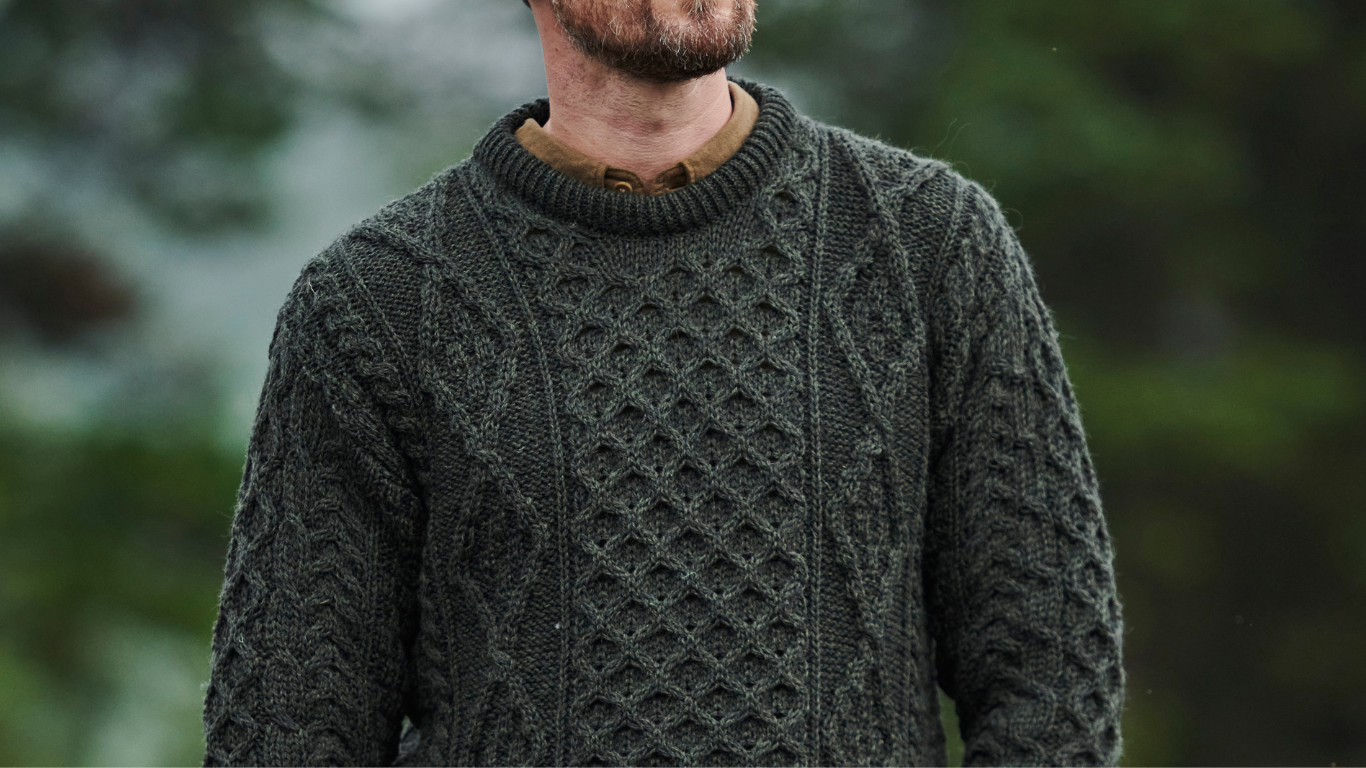
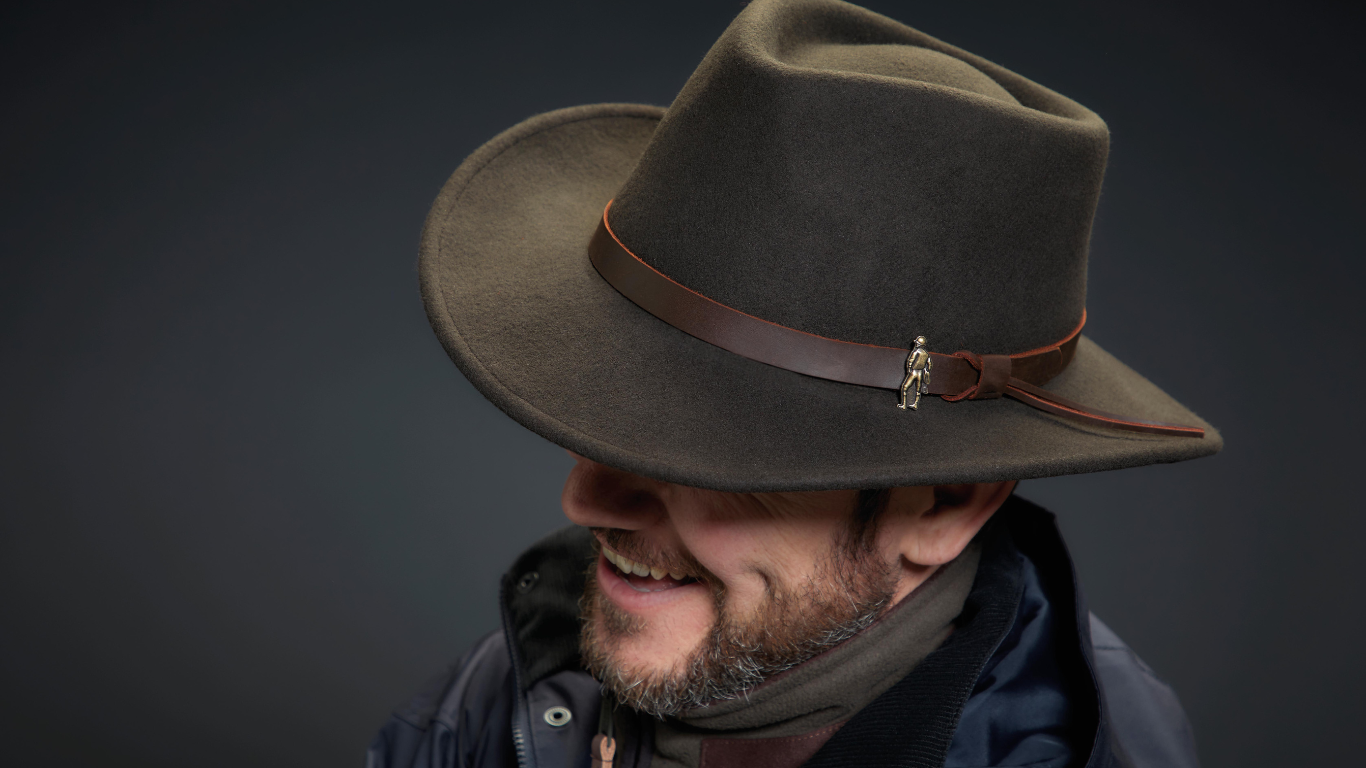
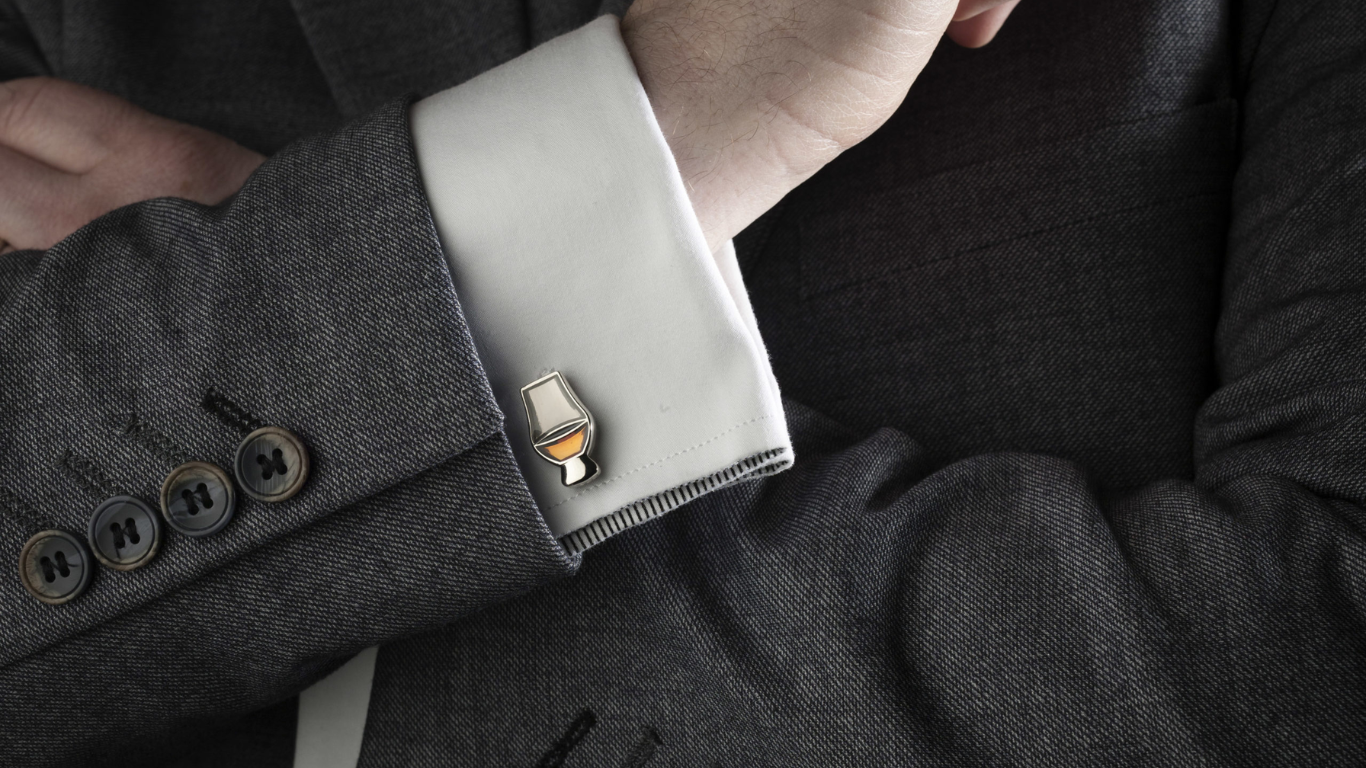

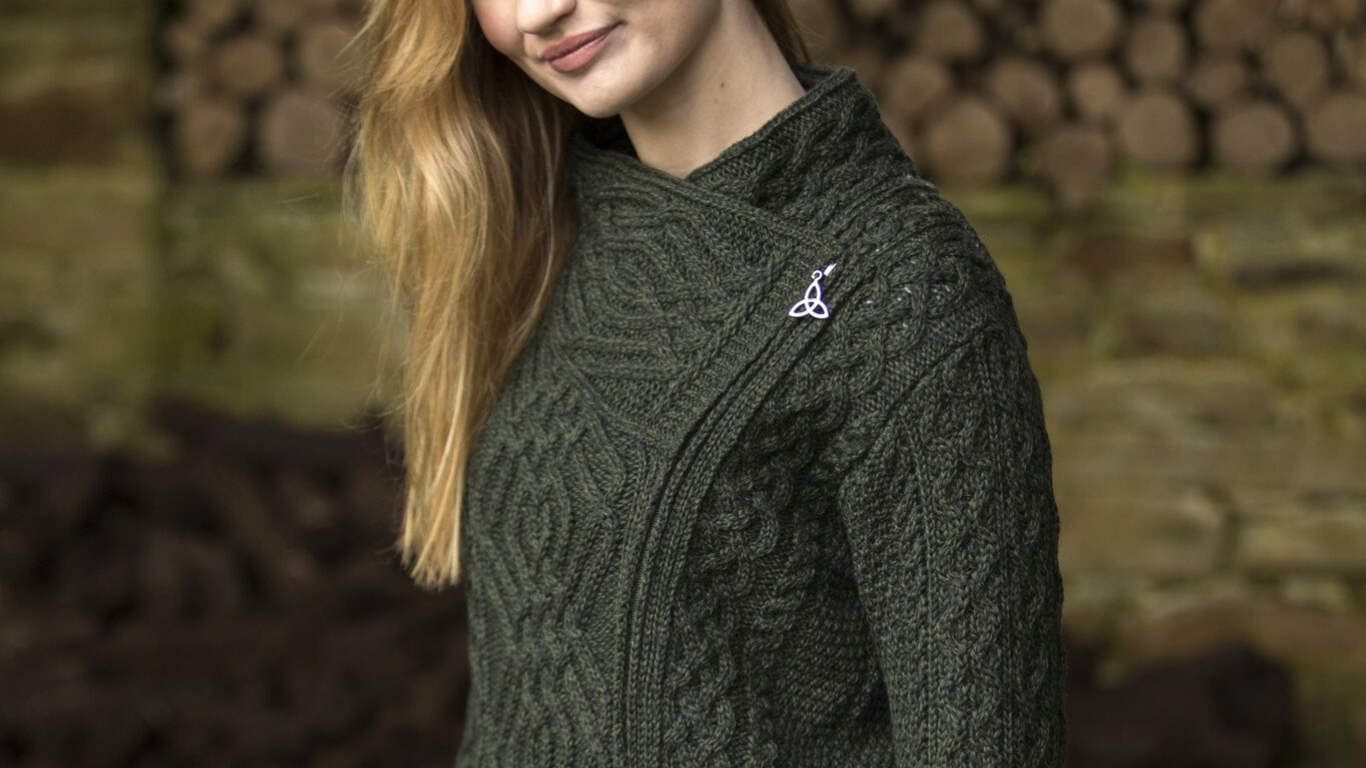


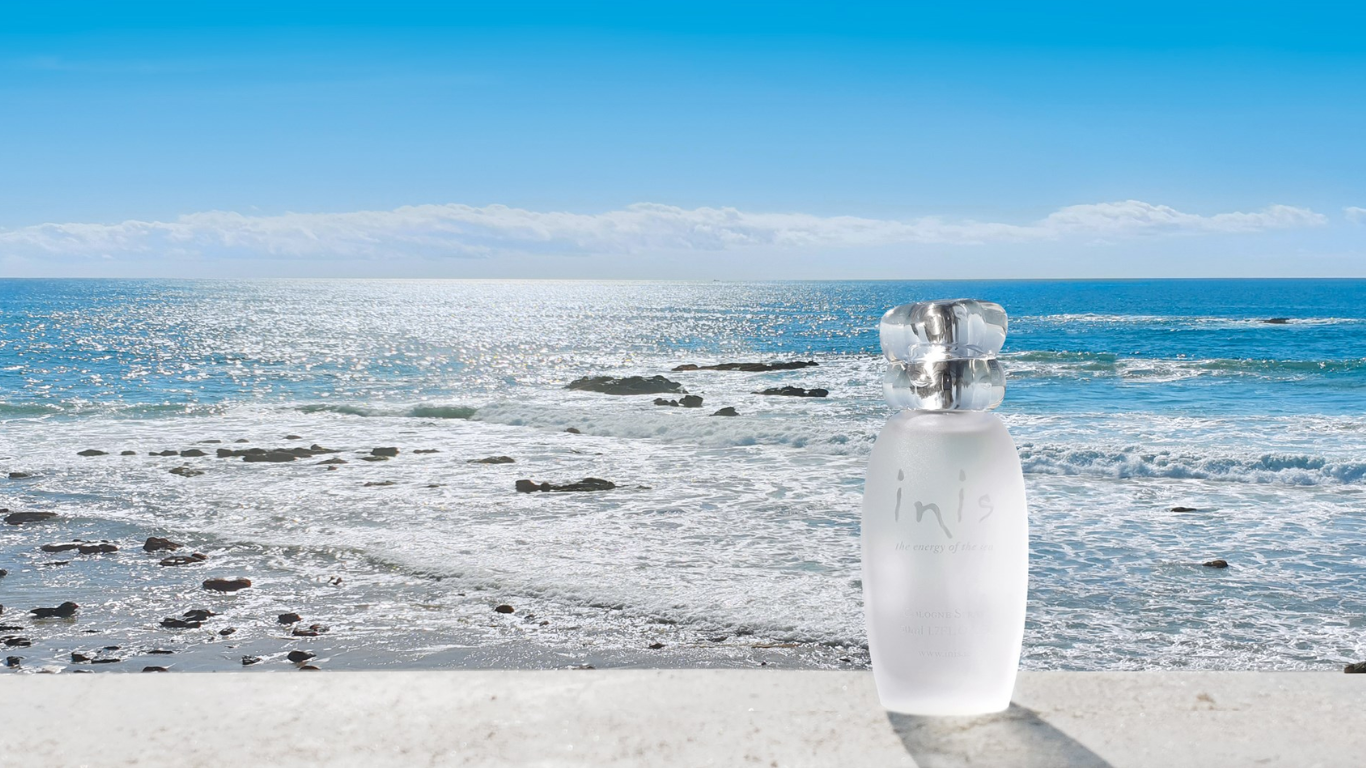
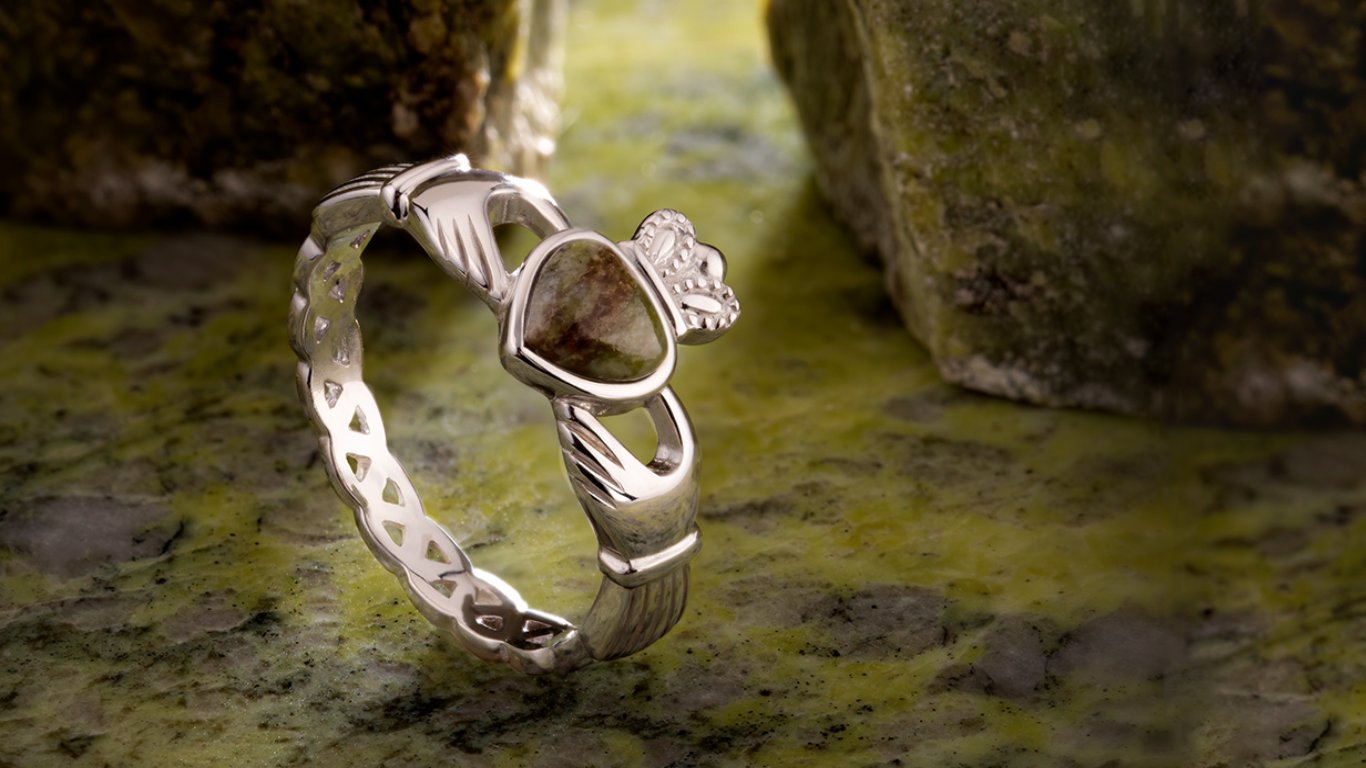
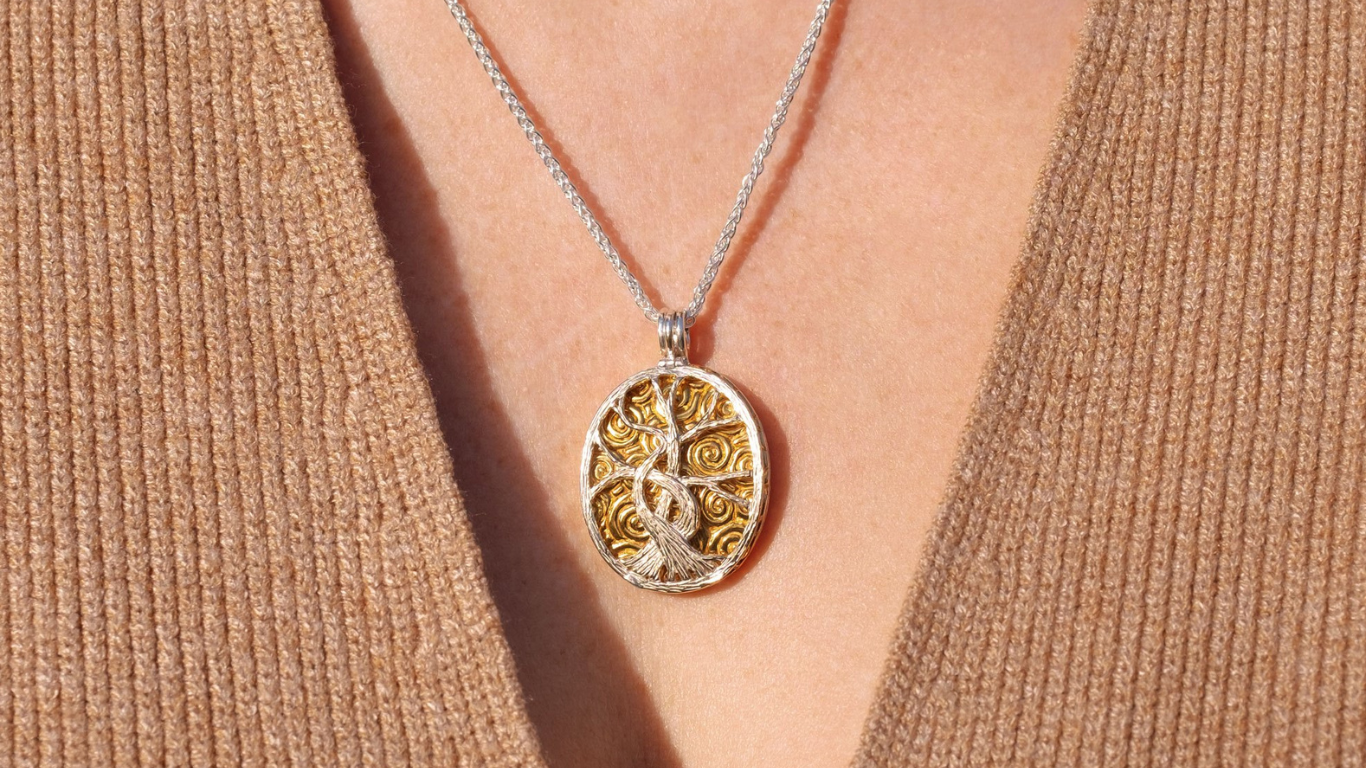
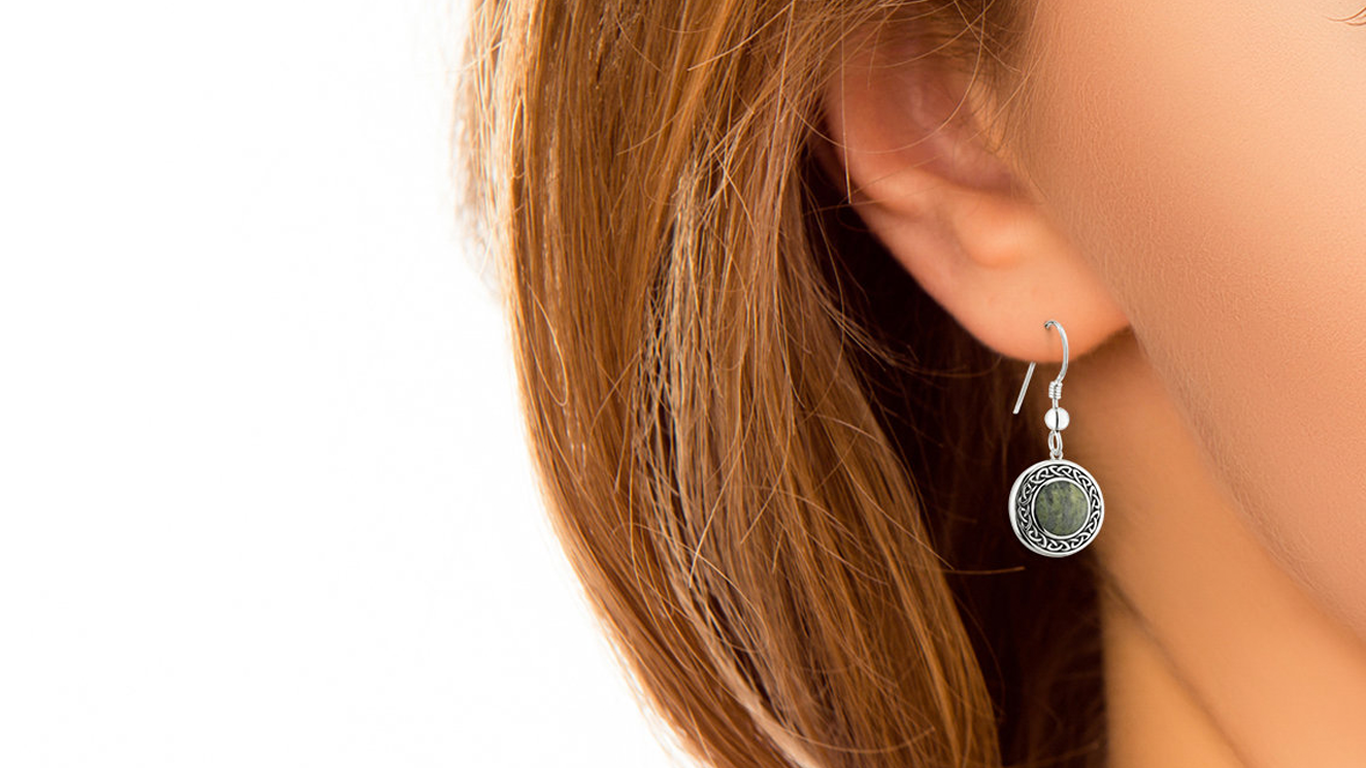
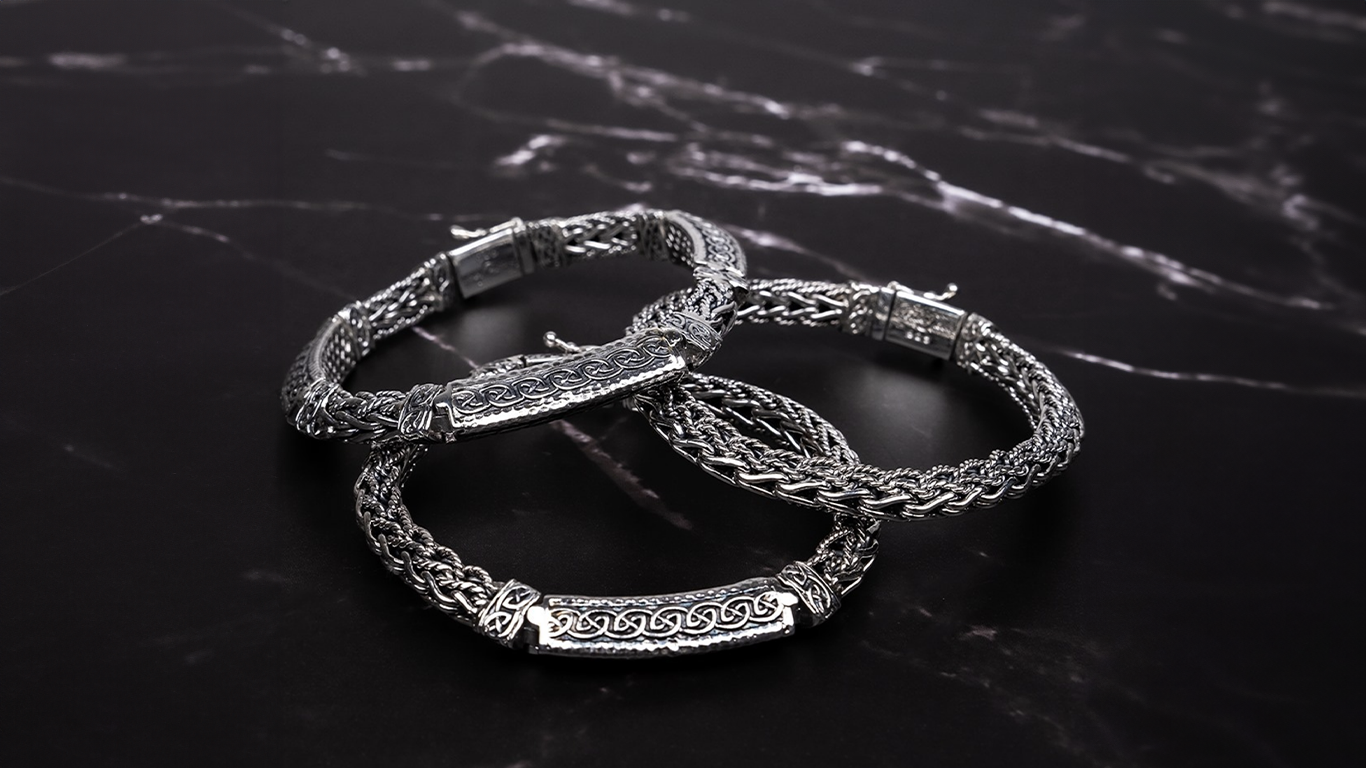






Leave a comment